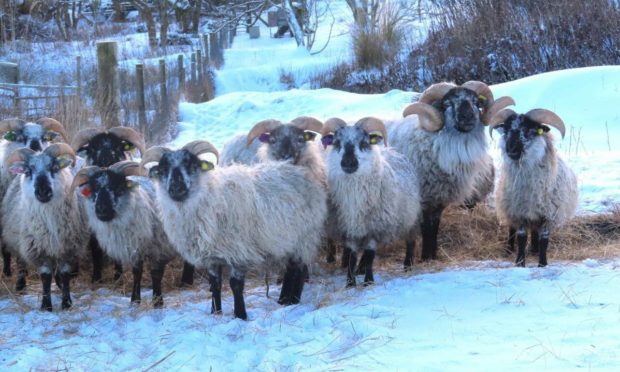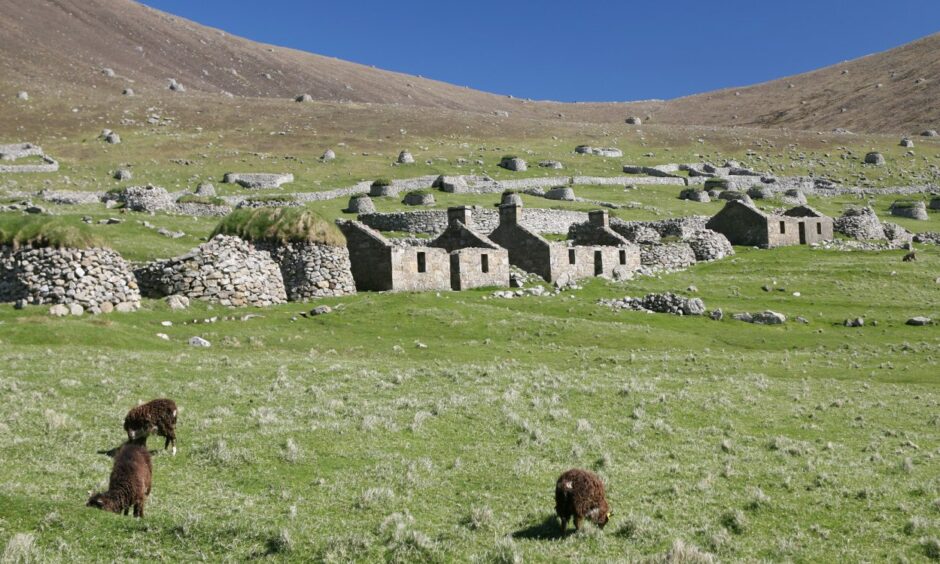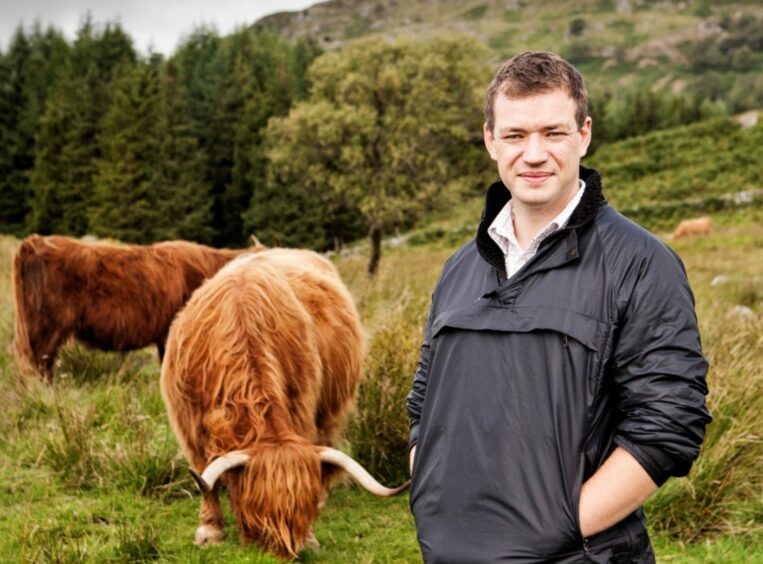Rare Orkney Boreray sheep are the second sheep breed in Scotland to be recognised by the international Slow Food movement for the quality of their mutton.
North Ronaldsay sheep, which graze on a diet of seaweed, are the only other heritage breed to be identified by the Slow Food Presidium, an global organisation dedicated to celebrating and protecting international food heritage.
The Orkney Boreray sheep are descendants of the breed which originated on St Kilda, A small flock was transported to the Scottish mainland and then by ferry to Orkney where they have bred since the 1970s by Jane Cooper.
In 2019 the Rare Breeds Survival Trust (RBST) placed the breed on a register separate to all other registered Boreray sheep and since then four flocks have been established in Orkney. They have also built links with a butcher as well as experts in traditional foods, cooks, weavers and craftsmen who work with leather and bones.
Orkney Boreray sheep have a small, slender frame and a double coat of wool, and generally have a cream fleece and a grey or black and white face and legs.
They are slow to mature and the meat – sold online by Jock Gibson of Macbeths butchers in Forres – is usually eaten as mutton at two to three years old.
Meanwhile, a survey by the RBST has found that while farmers who sell produce from rare and native breeds for a premium and spend less on inputs, a lack of suitable abattoirs is seen as a barrier to future business growth.
In Scotland 48% of respondents to the survey said they sell their rare or native breed produce for a higher price than continental alternatives, 45% for the same price and 7% for a lower price.
Across the UK, 71% of respondents who keep both native and continental breeds, or who have switched from continental breeds to native breeds, thought that overall costs with native breeds were lower than with continental breeds. The main cost differences related to feed and supplements, the type of land required, housing and shelter, and veterinary costs.
RBST chief executive, Christopher Price said: “The opportunity to sell meat for a premium coupled with lower input costs creates an attractive opportunity for commercial success with rare and native livestock breeds, which is so important for these breeds’ survival long into the future.
“RBST will not only keep working to show consumers why buying native breed products is worth the money, we will also keep working with government and its agencies to ensure support for the wide range of ‘public goods’ benefits generated by farming with native breeds such as supporting biodiversity and resistance to disease.”
Steve McMinn of the RBST Scotland Forum, added: “The results show the breadth of opportunity for those keeping native breeds of livestock and equines, with commercial activity deriving from native breed meat, wool, breeding stock and dairy but also conservation grazing, hides and horns, and more.
“But the results also show very clearly the need for urgent action on a key barrier for rare breed businesses looking to grow – access to suitable abattoirs. RBST is campaigning for government to commit to the support and collaboration which will help reverse the decline of the local abattoir network.”


